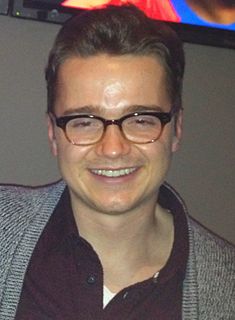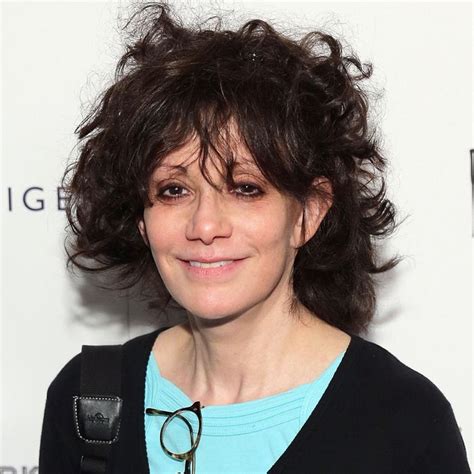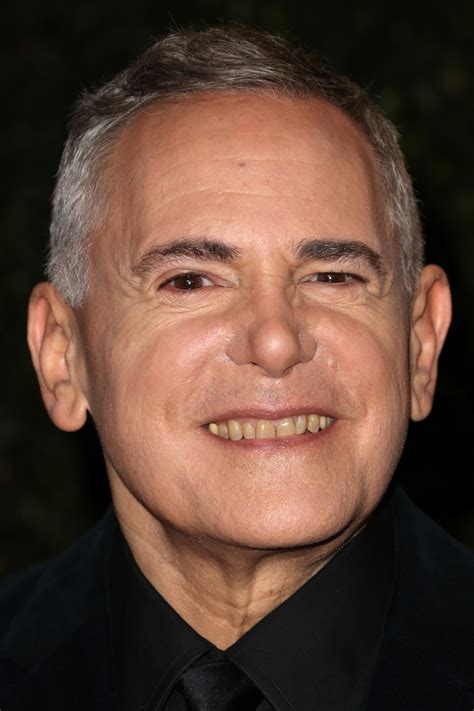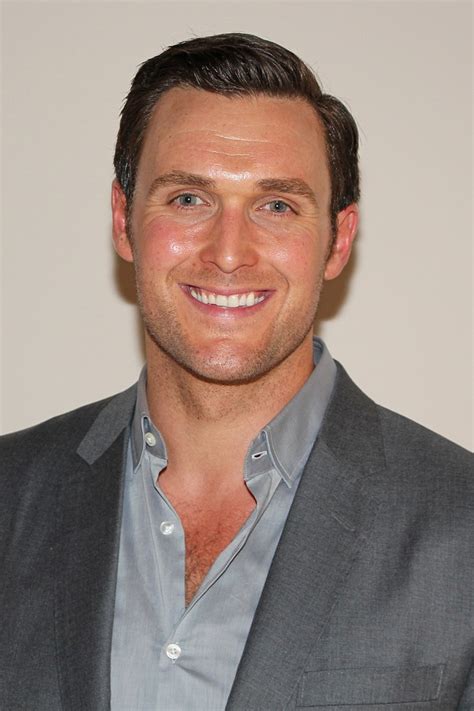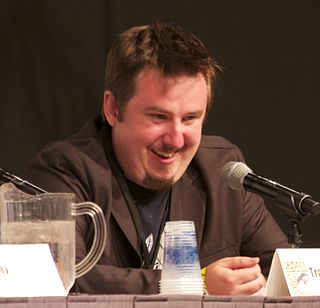A Quote by Oliver Stone
Every time you go into a movie, you go into the point of view of who it is about.
Quote Topics
Related Quotes
But every point of view is a point of blindness: it incapacitates us for every other point of view. From a certain point of view, the room in which I write has no door. I turn around. Now I see the door, but the room has no window. I look up. From this point of view, the room has no floor. I look down; it has no ceiling. By avoiding particular points of view we are able to have an intuition of the whole. The ideal for a Christian is to become holy, a word which derives from “whole.
From my point of view, when I was thinking about the prospect of [Michael Douglas] in this part, I wondered if he would go all the way with it. The reason I was concerned is that, oftentimes, actors - especially movie stars - when they're playing a character who might be perceived as unattractive or eccentric, will wink at the audience while they're doing it.
The only lie I really remember from my adolescence was when I was in sixth grade and I was dropped off with a couple of friends at the movie theater to go see a movie, I can't remember which one it was, and we went to go see this movie instead that was rated R. That was sort of a defining moment, that was probably the first time I had ever lied to my parents about something.







